HEAVEN BAEK’s artistic practice explores how individuals within a particular society
come together to form groups or collectives, navigating the unfolding of
everyday situations. She takes on the role of an impartial observer, recording
and reflecting on society through her lens and installations. Baek believes
that people create a beautiful trajectory as they navigate the social systems
that constrain them, leveraging their innate ability to overcome these
challenges. Her works have been showcased in various exhibitions, including d/p, Seoul (2022), Galerie Ursula Walter (2022), Sejong Art Center (2019), and the 12th
Gwangju Biennale (2018). She is currently based in Seoul and Berlin.
![Heaven Baek, Lake Scratchers, 2015. Single channel FHD video. 6 min. Courtesy of the artist]()
![Heaven Baek, Lake Scratchers, 2015. Single channel FHD video. 6 min. Courtesy of the artist]()
![Heaven Baek, Lake Scratchers, 2015. Single channel FHD video. 6 min. Courtesy of the artist]()
![Heaven Baek, Lake Scratchers, 2015. Single channel FHD video. 6 min. Courtesy of the artist]()
![Heaven Baek, Lake Scratchers, 2015. Single channel FHD video. 6 min. Courtesy of the artist]()
I heard you’ve recently relocated.
Yes, I moved to Germany a few years ago and specifically to Berlin this summer. The region I previously lived in had relatively less racial diversity, which was sometimes frustrating. As Berlin is quite an international place, everything has been going well so far.
You completed your undergraduate studies in Melbourne, Australia, and then continued your studies in Glasgow, UK. Were there any specific reasons behind your choice of countries?
The reason I went to Melbourne was quite practical, as was my choice of medium, which is video. Initially, I enrolled in my undergraduate program with a major in photography. However, as I progressed, the cost of printing and camera equipment became too much to afford as a student. This naturally led me to gravitate more toward video, a medium that allowed for repeated usages without these financial constraints. Additionally, I found the lectures and coursework about the medium to be highly engaging. During my graduate studies, I explored video, non-linear audio, and installation works altogether. The editing and subject-finding methods I utilize today have been heavily influenced by those years at school.
![Heaven Baek, Apoptosis, 2015. Craft materials, deconstructed objects. Dimensions variable. Installation view at ARARIO MUSEUM TOPDONG BIKESHOP, Jeju, Courtesy of the artist]()
![Heaven Baek, Apoptosis, 2015. Craft materials, deconstructed objects. Dimensions variable. Installation view at ARARIO MUSEUM TOPDONG BIKESHOP, Jeju, Courtesy of the artist]()
![Heaven Baek, Apoptosis, 2015. Craft materials, deconstructed objects. Dimensions variable. Installation view at ARARIO MUSEUM TOPDONG BIKESHOP, Jeju, Courtesy of the artist]()
In previous interviews, I noticed that you mentioned your interest in 'individuals, people, and their situations.' Considering your experiences with multiple cultures, do you find yourself more drawn to the differences among people and their situations based on their respective cultures, or are you inclined towards exploring the general, universal traits that people share across borders?
One thing I strongly realized after studying abroad and participating in artist residency programs around the world is that, as a foreigner, I could never truly become part of the majority or mainstream society. This realization left me with ample time to observe the various groups within a society from a third-person perspective. Instead of attempting to assimilate into these groups, I chose to actively listen to their situations and the internal narratives that defined each group. Drawing from these stories, I sought to function as a social mirror for that particular society or collective, one that reflects and reproduces their narratives. I was careful not to introduce any further distortions through my lens, as it was already filtered through the primary layer of the camera. I guess I can say that I'm interested in exploring both the potential and the method of presenting the world I observe to others without intentional alterations.
![Heaven Baek, Seongbuk District Seongbuk Resident, 2014. Single channel FHD video. 20 min 23 sec. Courtesy of the artist]()
![Heaven Baek, Seongbuk District Seongbuk Resident , 2014. Single channel FHD video. 20 min 23 sec. Courtesy of the artist]()
![Heaven Baek, Seongbuk District Seongbuk Resident , 2014. Single channel FHD video. 20 min 23 sec. Courtesy of the artist]()
I like the idea of choosing to be an observer rather than attempting to actively participate in a group. When you encounter new groups or people, what elements or strategies do you find most helpful in facilitating your observation process?
Time. When I encounter a new group of people, I spend extended periods in or near their presence. It's like the feeling you have when you first notice a surveillance camera—initial discomfort, but as time passes, you become accustomed to its presence, and it blends into the background. When I embark on a new project, I aim to stay in that environment for as long as possible. While I do keep diaries and take notes, these are secondary to me. The most effective approach, in my experience, is immersing oneself in the situation you're trying to understand and relying on the passage of time.
![Heaven Baek, in the middle of the, 2012. Single channel SD video (8mm transferred to SD digital). 16 min 42 sec. Courtesy of the artist]()
![Heaven Baek, in the middle of the, 2012. Single channel SD video (8mm transferred to SD digital). 16 min 42 sec. Courtesy of the artist]()
![Heaven Baek, in the middle of the, 2012. Single channel SD video (8mm transferred to SD digital). 16 min 42 sec. Courtesy of the artist]()
It appears that the degree to which chance elements influence your work varies from piece to piece. For example, The Agency (2011) and in the middle of the (2012) are largely unscripted, whereas Our Lady Vengeance (2013) and Seongbuk District Seongbuk Resident (2020) seem to involve more carefully planned scripts and guidelines. 'Our Lady Vengeance' in particular surprised me when I learned it was scripted. Could you provide more insight into your creative process?
I frequently encounter the perception that my works are entirely unscripted, despite the fact that a significant portion of them undergo pre-production and scripting. I believe this might be due to my approach, which I describe as 'staged reality.'
![Heaven Baek, Our Lady Vengeance (Spring), 2013. Single channel film. 12 min 44 sec. Courtesy of the artist]()
![Heaven Baek, Our Lady Vengeance (Summer), 2013. Single channel film. 12 min 44 sec. Courtesy of the artist]()
![Heaven Baek, Our Lady Vengeance (Autumn), 2013. Single channel film. 12 min 44 sec. Courtesy of the artist]()
![Heaven Baek, Our Lady Vengeance (Winter), 2013. Single channel film. 12 min 44 sec. Courtesy of the artist]()
Our Lady Vengeance was filmed in an area where a scene from Park Chan-wook's film 'Lady Vengeance' (2005) was shot. I spent two years interviewing neighbors who lived in the vicinity, asking about their memories of when the movie was filmed there. Interestingly, over the course of those two years, their responses gradually evolved. What they initially described as 'A' might transform into 'A+' the next day, influenced by others' accounts, agreements, or denials. Parts of their memories tended to become either exaggerated or blurred. It was as if the entire area was collectively reshaping its recollection of the past. I aimed to express this shifting nature of memory through the progression of four different seasons, with the core remaining constant while the seasons and people's memories change.
Seongbuk District Seongbuk Resident followed a similar process, relying on oral interviews with local neighbors. I gathered and recorded their stories, translated them into visual imagery, and created an objective representation. Both projects revolve around the accumulation and ever-evolving nature of memory.
Perhaps it's because your work always starts and ends with a human being – I often feel that your work consistently touches upon our everyday lives. Are there any particular things you bear in mind when dealing with people in your work?
While studying the concept of interaction in a media class, I found myself questioning the essence of the 'human' element in art. To me, the concept of interaction extends beyond merely having the work activated by someone. It primarily involves the viewer's ability to connect, mirror, and empathize with the work, its context, and the figures depicted in the film, whether on a physical or emotional level. I always strive to keep this in mind when creating a piece.
![Haeven Baek, Event Horizon, 2019. Five channel 4K video. 4 min 29 sec. Courtesy of the artist]()
Could you please briefly introduce your works that will be featured in Frieze Film at MOTHER Offline?
For this year's Frieze Film, I will be screening two works: Our Lady Vengeance and Event Horizon (2019). Our Lady Vengeance, previously presented with a documentary showing the overall storyline, will be featured solely as a movie for the first time. It’s an attempt to highlight its narrative aspect.
Event Horizon is a five-channel video where I explore the concept of a black hole state where no new information can enter or exit. Performers on each screen are positioned as if they have their backs against each other and repeatedly discuss ideas like 'realism' and 'the present.' The work was initially inspired by the autobiography of Kim Geun-tae (1947-2011), a democracy activist and politician, who was described as a 'realist' in the book. This led me to contemplate the concept of temporality for a realist. Ultimately, I concluded that the process of constructing a society and carrying on with our lives creates an infinite, linear vacuum state where no new information can enter or exit, albeit sounding somewhat dystopian. I'm excited to share these works with a broader audience through this screening.
Heaven Baek’s Our Lady Vengeance (2013) and Event Horizon (2019) will be on screening throughout Freize Film Seoul at MOTHER Offline till Sep 9, 2023. For more information, please visit: https://www.frieze.com/frieze-film/mother-offline
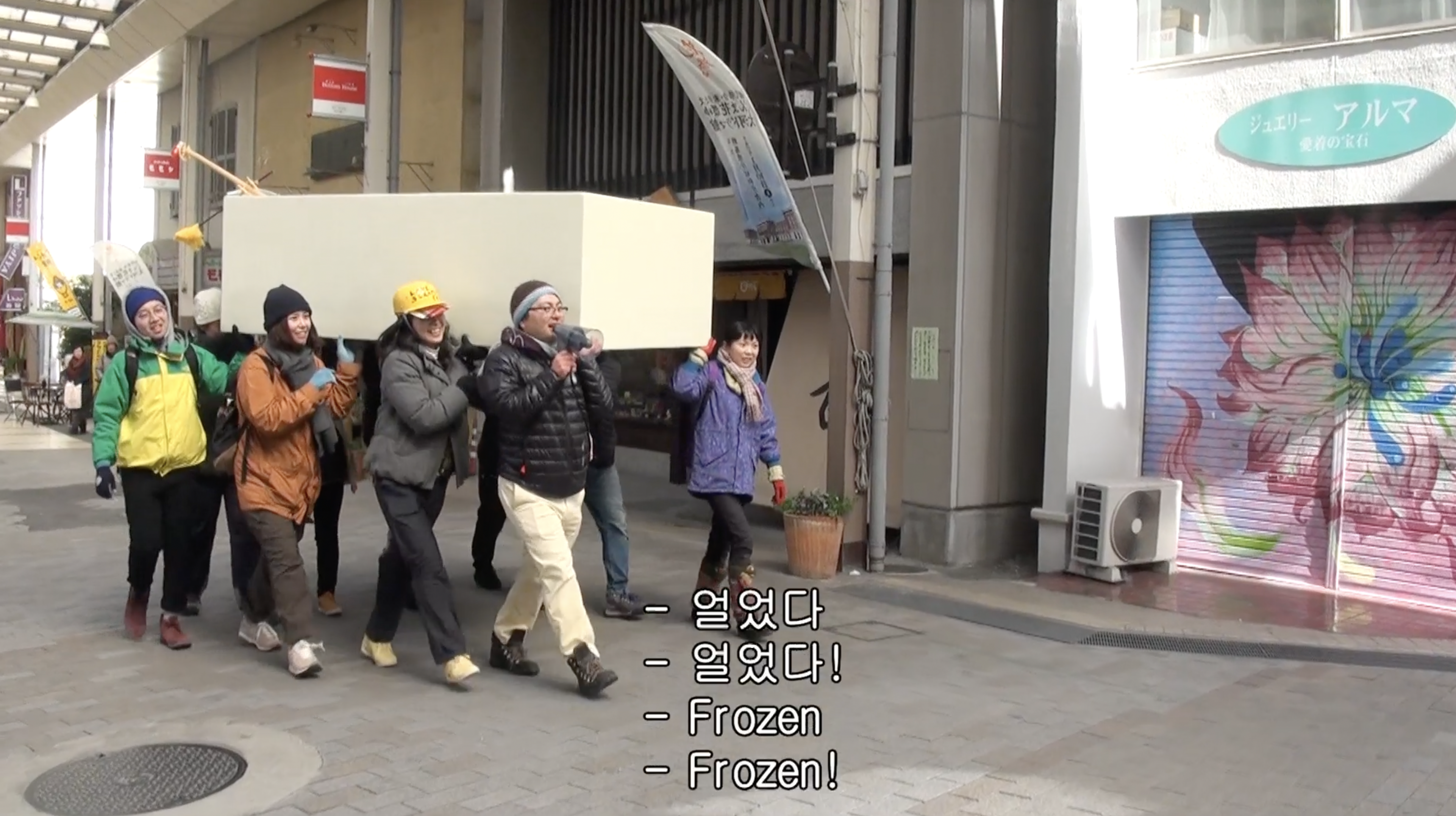

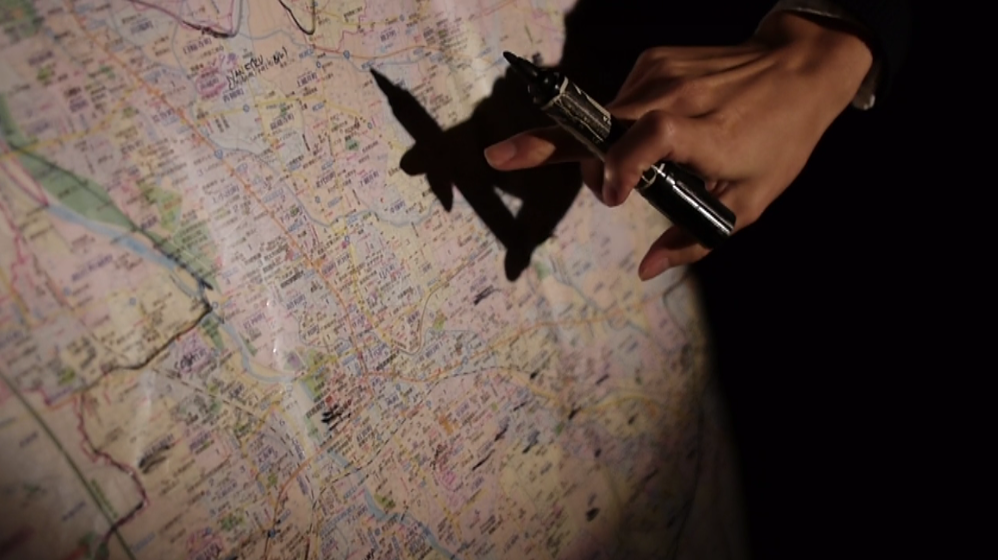
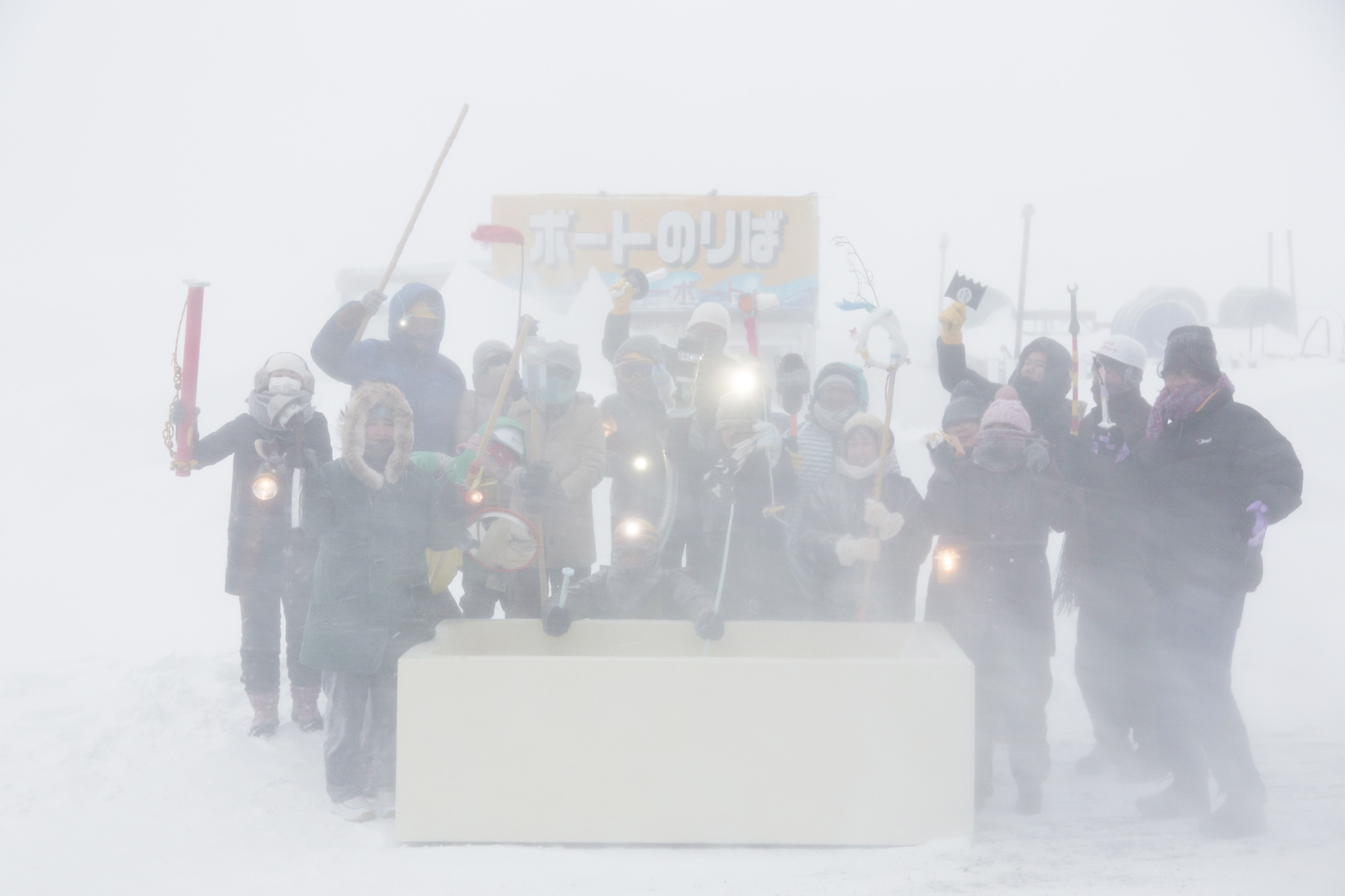
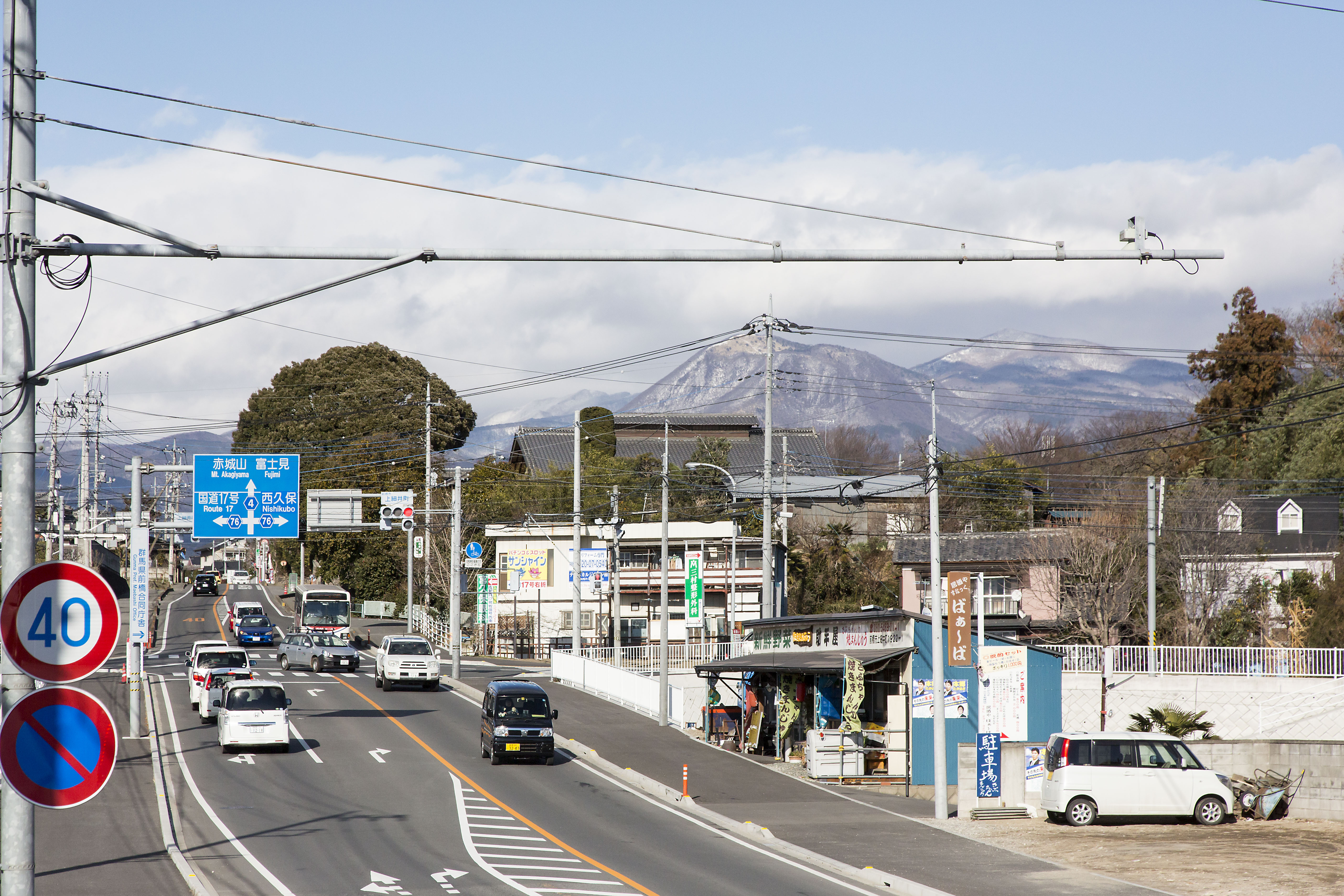
Swipe to see more images
I heard you’ve recently relocated.
Yes, I moved to Germany a few years ago and specifically to Berlin this summer. The region I previously lived in had relatively less racial diversity, which was sometimes frustrating. As Berlin is quite an international place, everything has been going well so far.
You completed your undergraduate studies in Melbourne, Australia, and then continued your studies in Glasgow, UK. Were there any specific reasons behind your choice of countries?
The reason I went to Melbourne was quite practical, as was my choice of medium, which is video. Initially, I enrolled in my undergraduate program with a major in photography. However, as I progressed, the cost of printing and camera equipment became too much to afford as a student. This naturally led me to gravitate more toward video, a medium that allowed for repeated usages without these financial constraints. Additionally, I found the lectures and coursework about the medium to be highly engaging. During my graduate studies, I explored video, non-linear audio, and installation works altogether. The editing and subject-finding methods I utilize today have been heavily influenced by those years at school.

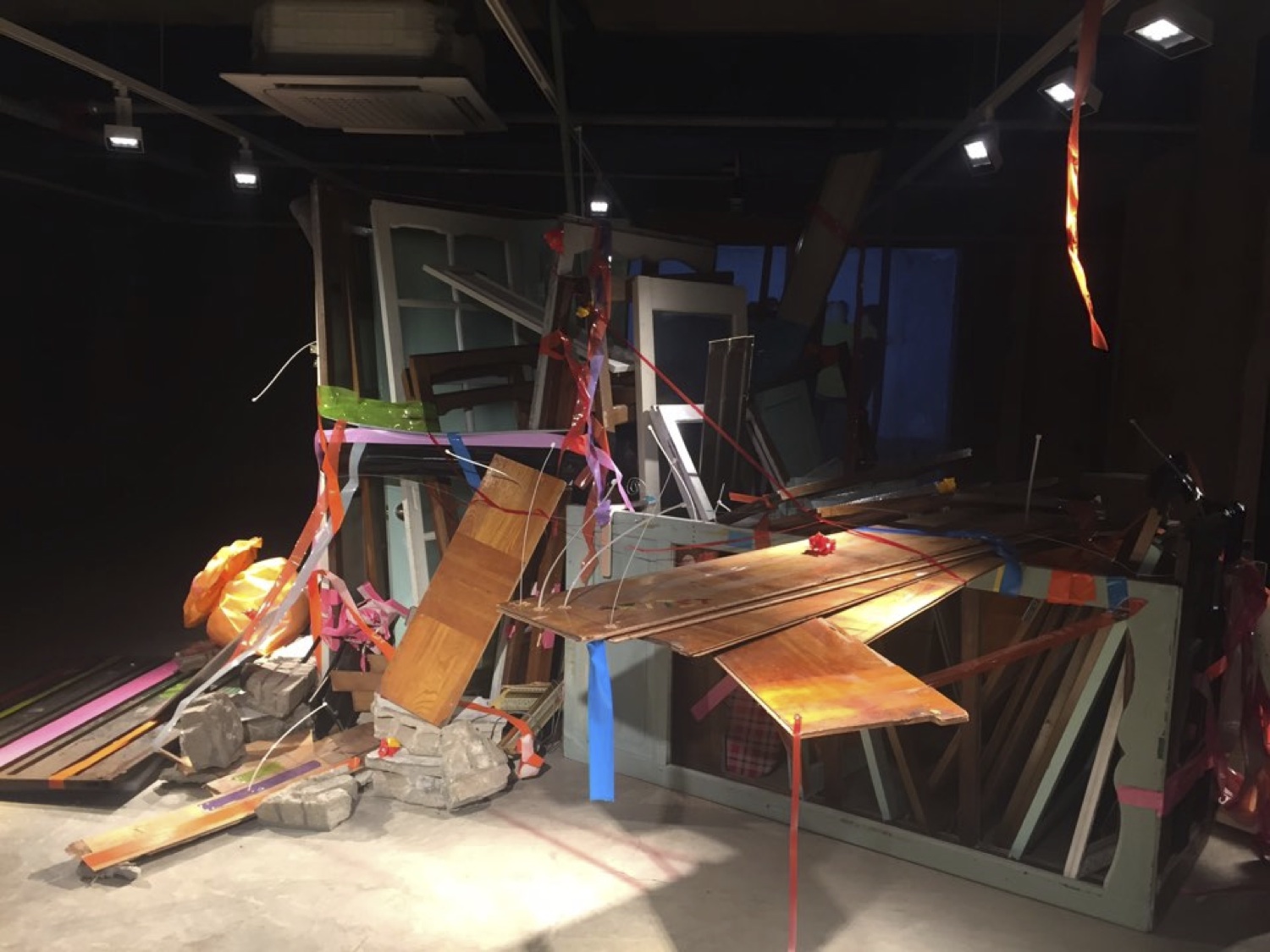
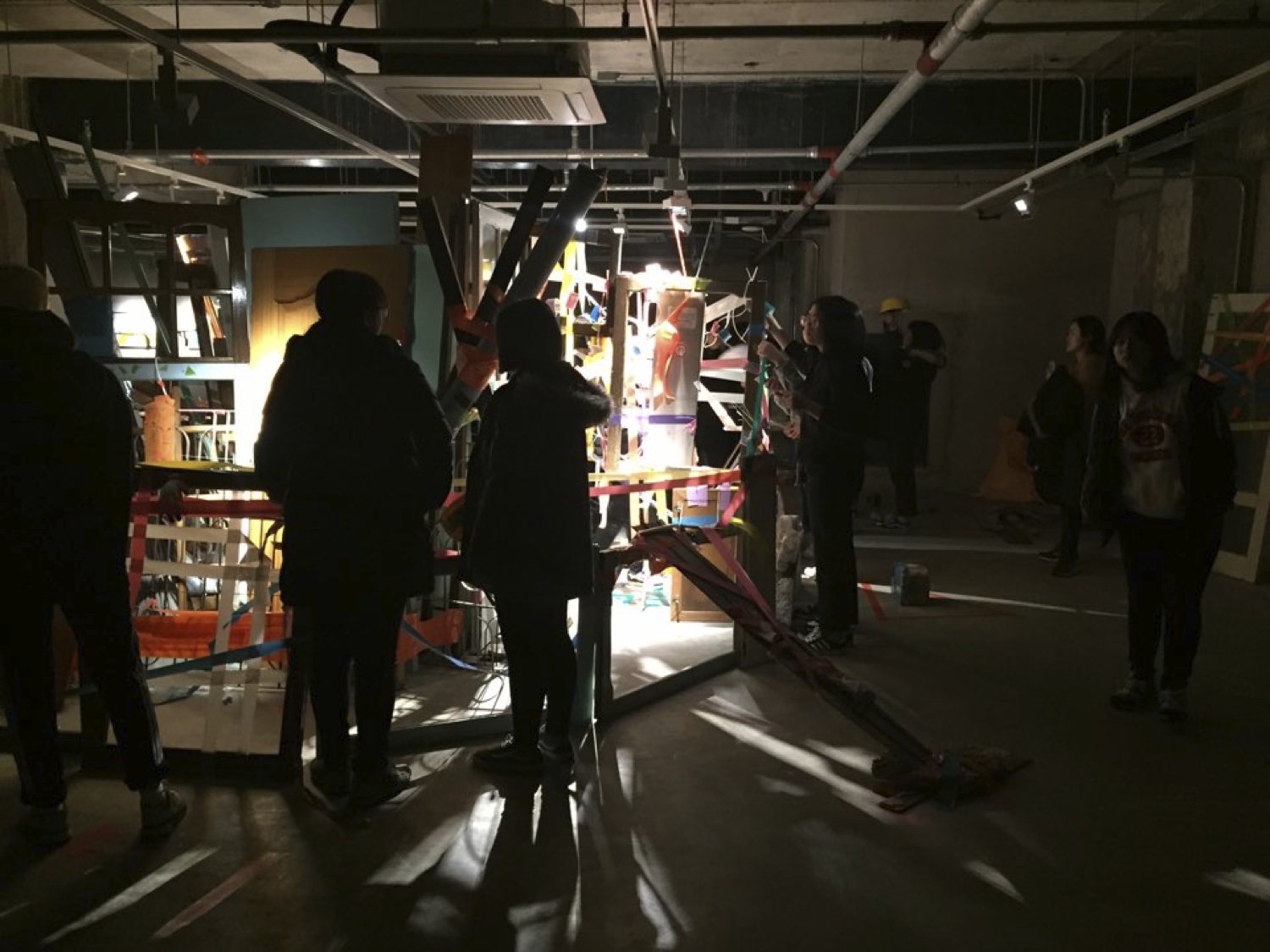
Swipe to see more images
In previous interviews, I noticed that you mentioned your interest in 'individuals, people, and their situations.' Considering your experiences with multiple cultures, do you find yourself more drawn to the differences among people and their situations based on their respective cultures, or are you inclined towards exploring the general, universal traits that people share across borders?
One thing I strongly realized after studying abroad and participating in artist residency programs around the world is that, as a foreigner, I could never truly become part of the majority or mainstream society. This realization left me with ample time to observe the various groups within a society from a third-person perspective. Instead of attempting to assimilate into these groups, I chose to actively listen to their situations and the internal narratives that defined each group. Drawing from these stories, I sought to function as a social mirror for that particular society or collective, one that reflects and reproduces their narratives. I was careful not to introduce any further distortions through my lens, as it was already filtered through the primary layer of the camera. I guess I can say that I'm interested in exploring both the potential and the method of presenting the world I observe to others without intentional alterations.
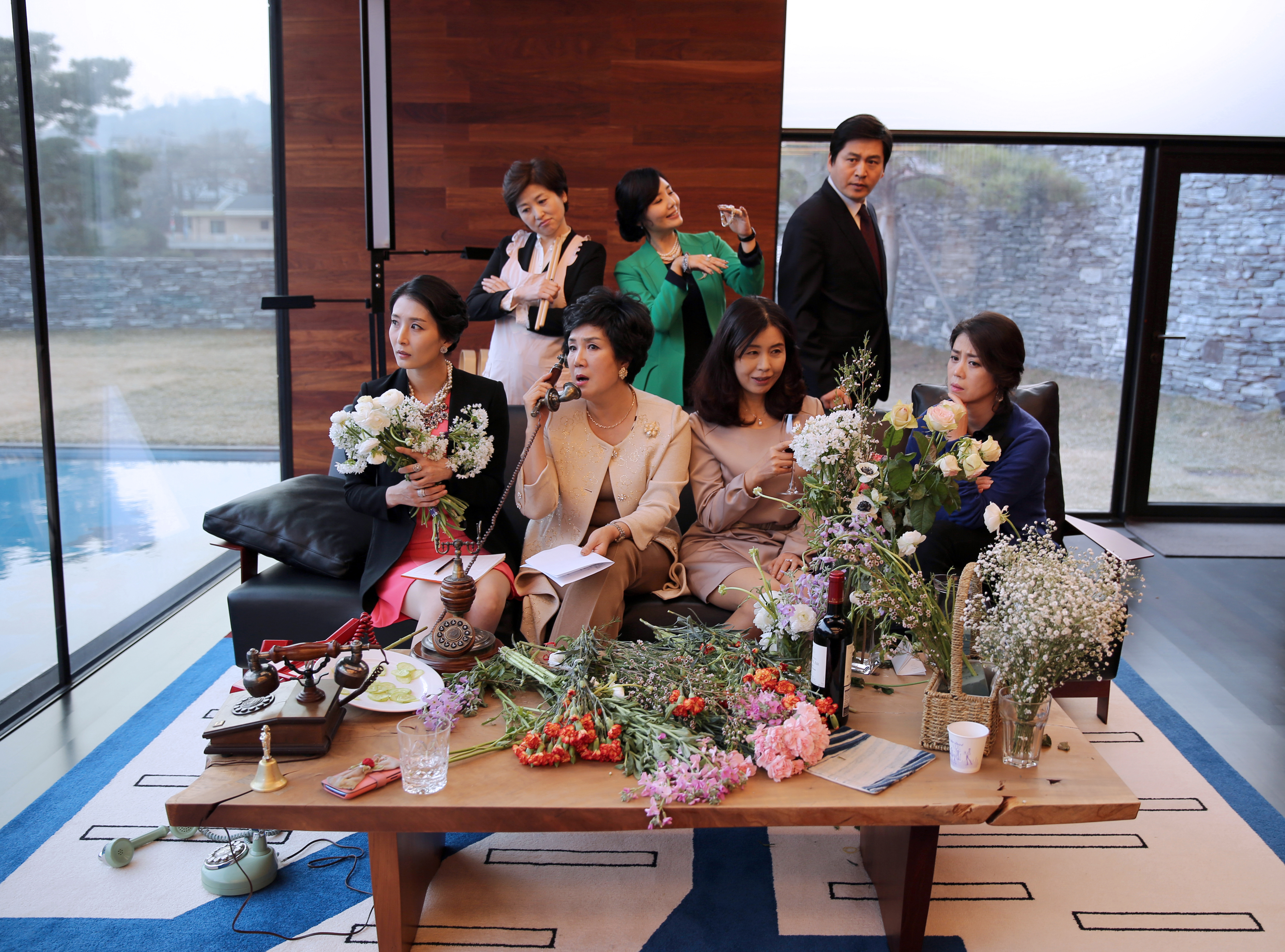
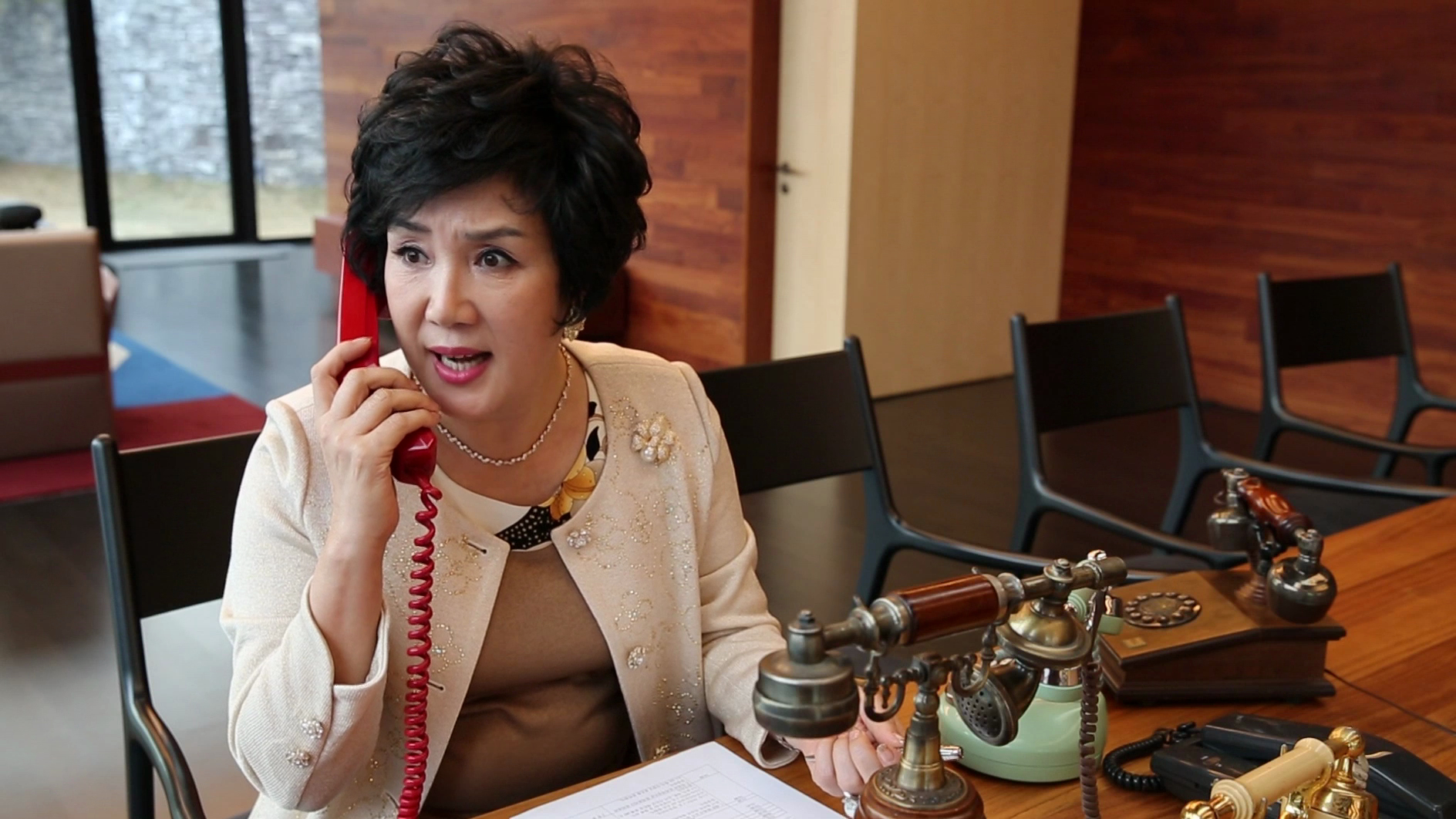
Swipe to see more images
I like the idea of choosing to be an observer rather than attempting to actively participate in a group. When you encounter new groups or people, what elements or strategies do you find most helpful in facilitating your observation process?
Time. When I encounter a new group of people, I spend extended periods in or near their presence. It's like the feeling you have when you first notice a surveillance camera—initial discomfort, but as time passes, you become accustomed to its presence, and it blends into the background. When I embark on a new project, I aim to stay in that environment for as long as possible. While I do keep diaries and take notes, these are secondary to me. The most effective approach, in my experience, is immersing oneself in the situation you're trying to understand and relying on the passage of time.
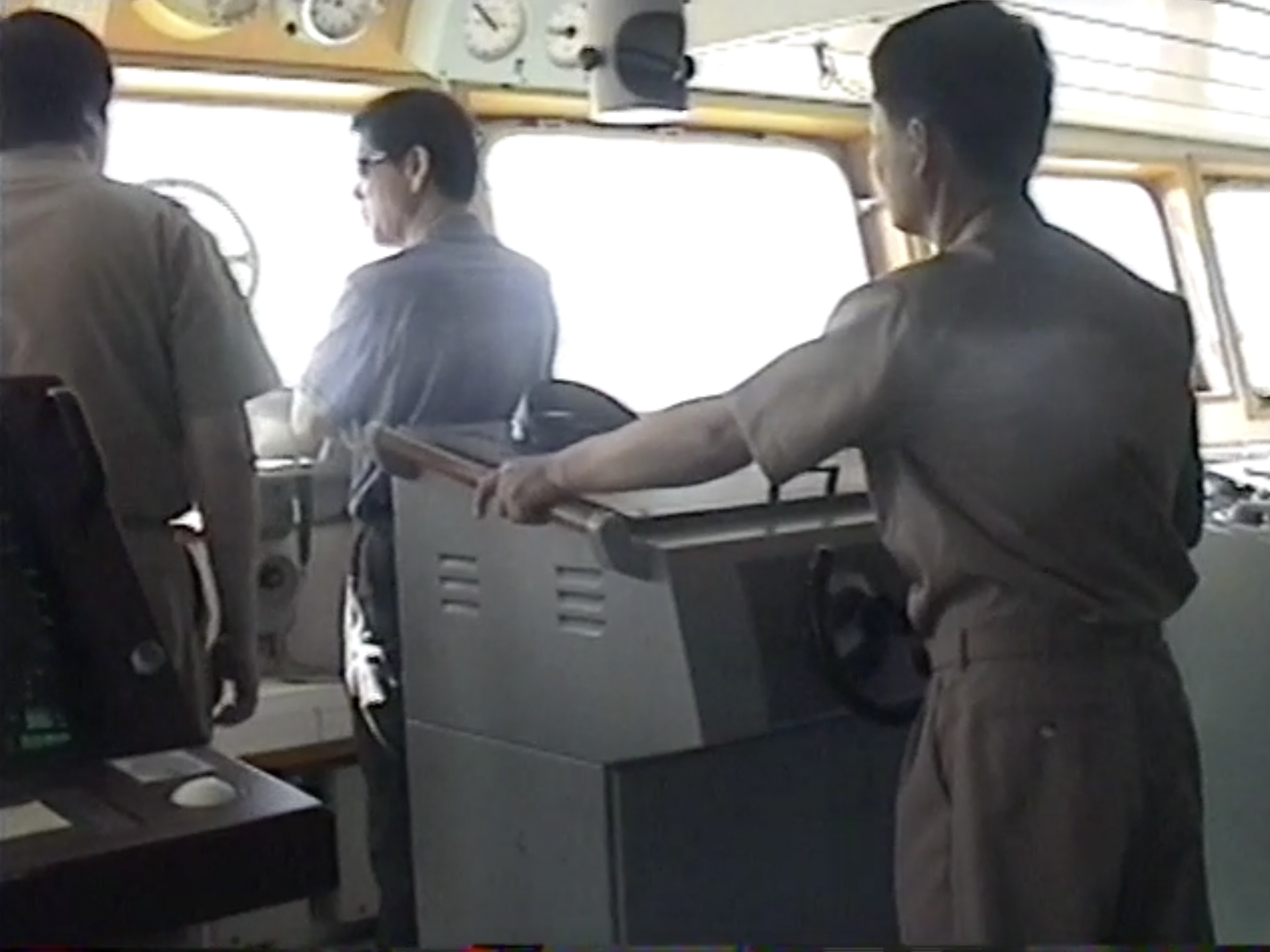
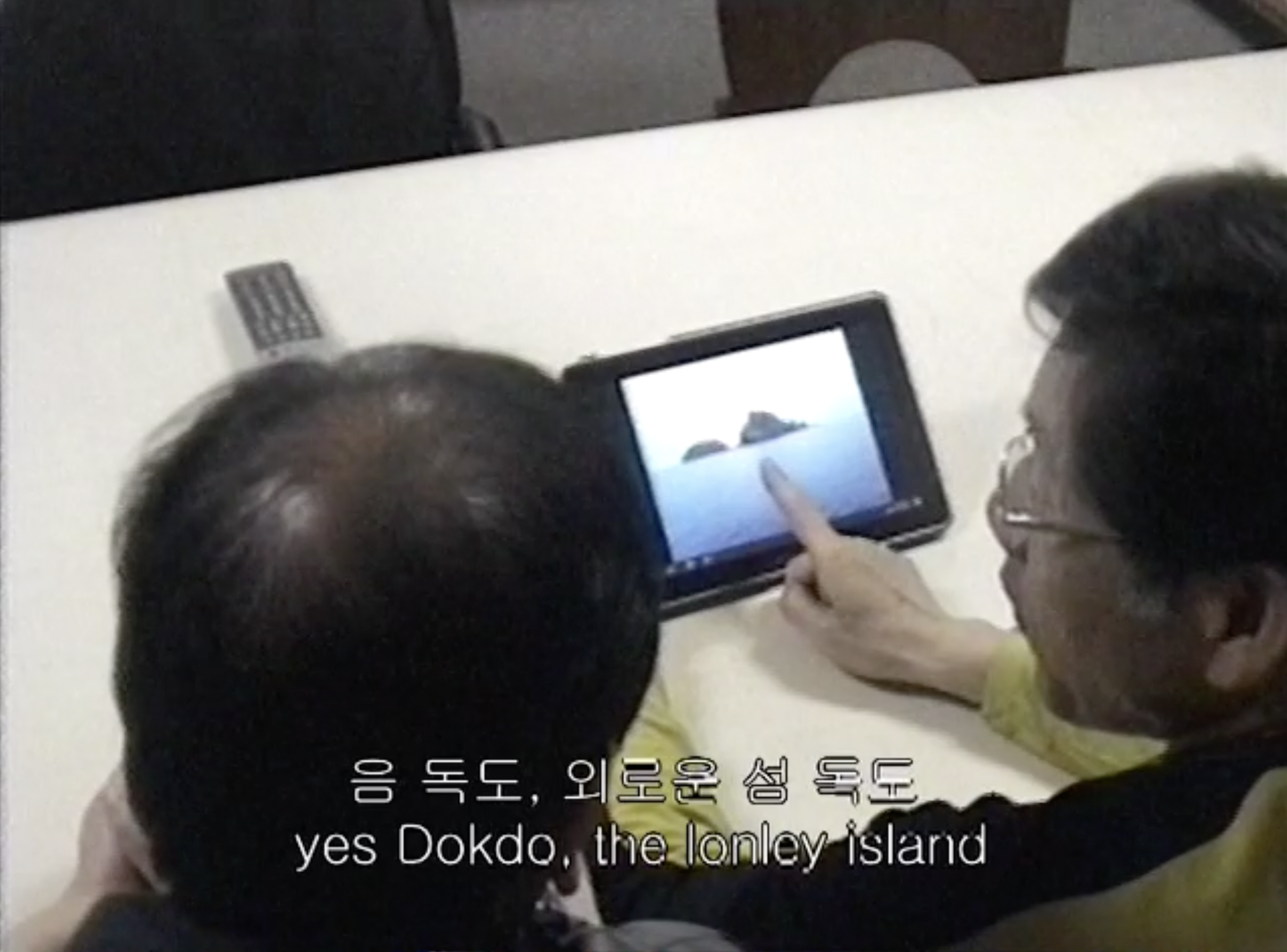
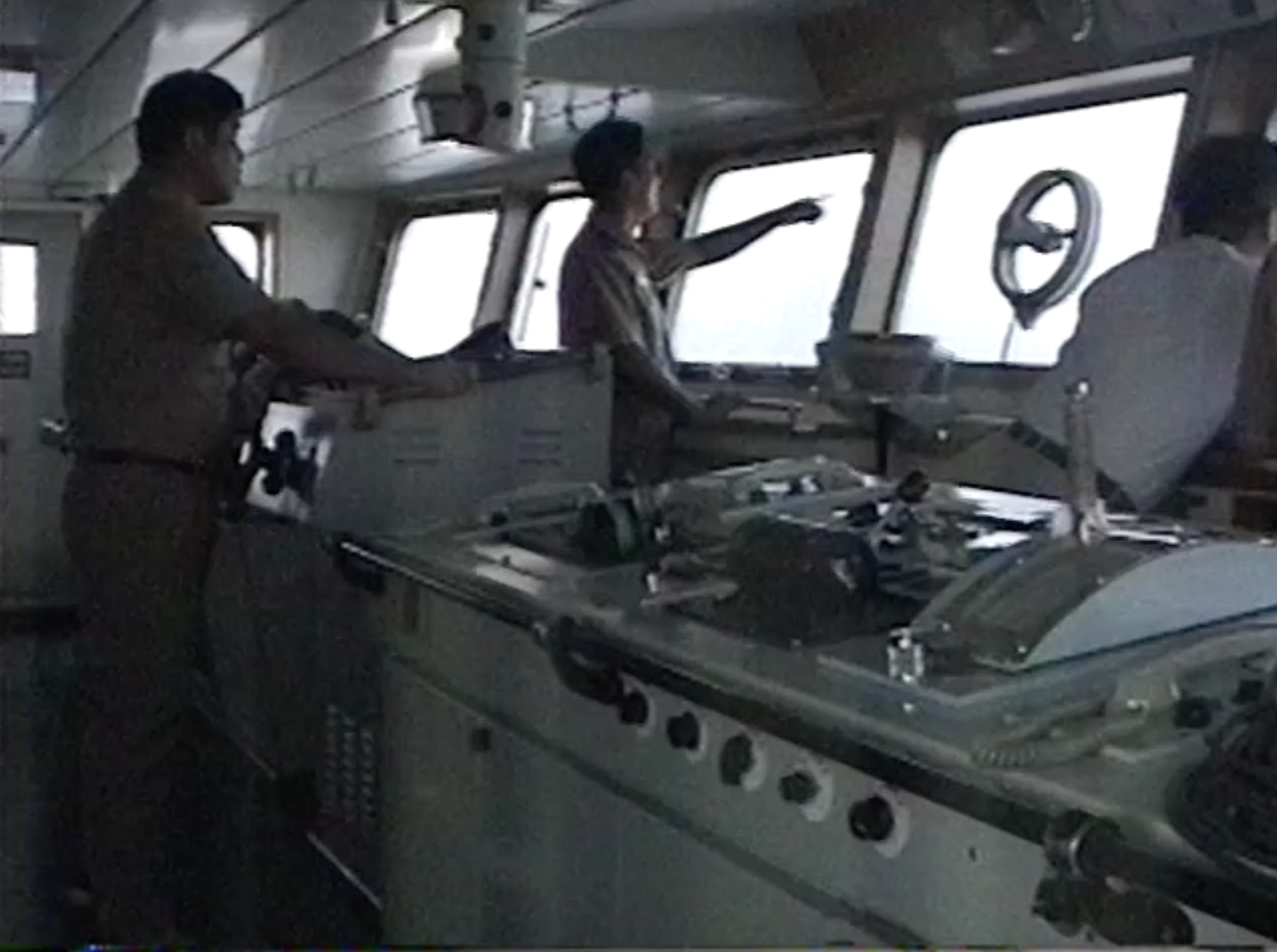
Swipe to see more images
It appears that the degree to which chance elements influence your work varies from piece to piece. For example, The Agency (2011) and in the middle of the (2012) are largely unscripted, whereas Our Lady Vengeance (2013) and Seongbuk District Seongbuk Resident (2020) seem to involve more carefully planned scripts and guidelines. 'Our Lady Vengeance' in particular surprised me when I learned it was scripted. Could you provide more insight into your creative process?
I frequently encounter the perception that my works are entirely unscripted, despite the fact that a significant portion of them undergo pre-production and scripting. I believe this might be due to my approach, which I describe as 'staged reality.'
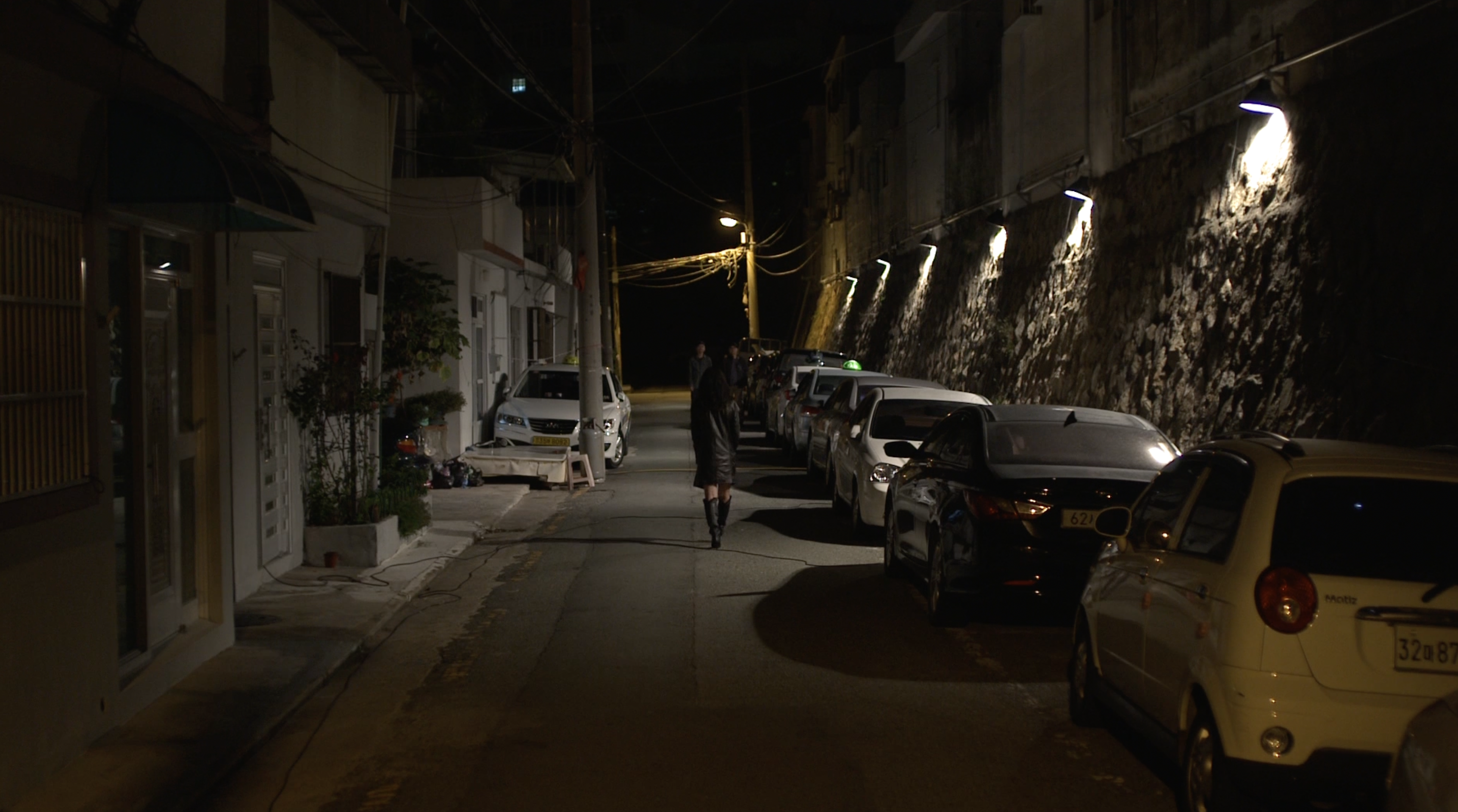
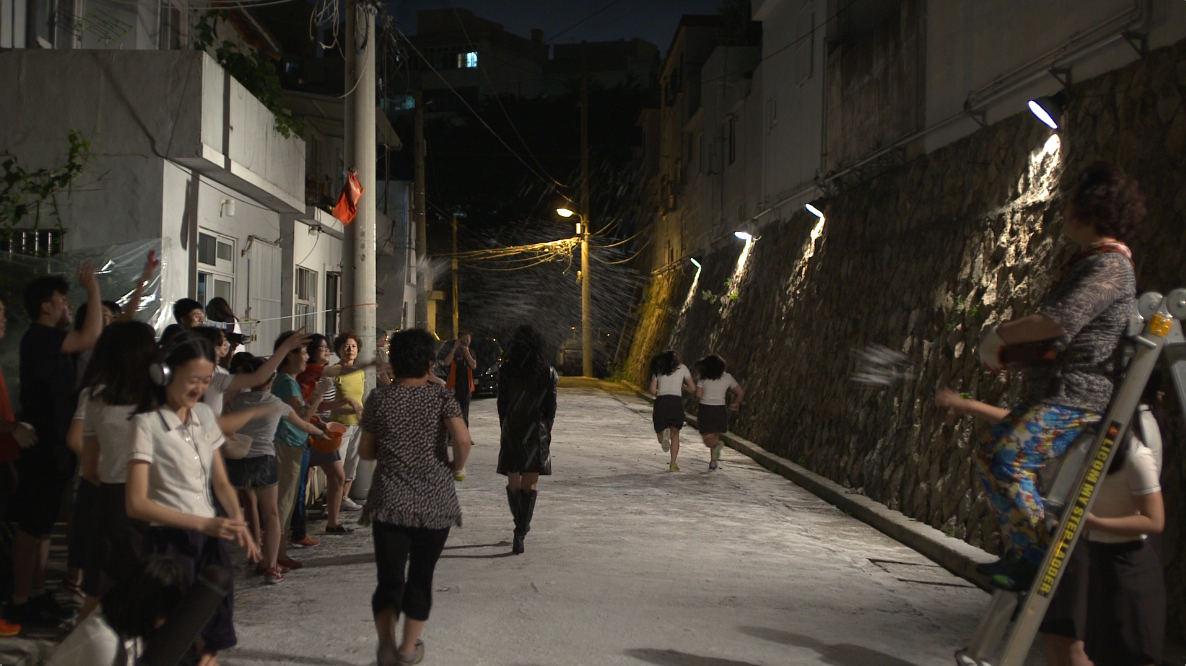


Swipe to see more images
Our Lady Vengeance was filmed in an area where a scene from Park Chan-wook's film 'Lady Vengeance' (2005) was shot. I spent two years interviewing neighbors who lived in the vicinity, asking about their memories of when the movie was filmed there. Interestingly, over the course of those two years, their responses gradually evolved. What they initially described as 'A' might transform into 'A+' the next day, influenced by others' accounts, agreements, or denials. Parts of their memories tended to become either exaggerated or blurred. It was as if the entire area was collectively reshaping its recollection of the past. I aimed to express this shifting nature of memory through the progression of four different seasons, with the core remaining constant while the seasons and people's memories change.
Seongbuk District Seongbuk Resident followed a similar process, relying on oral interviews with local neighbors. I gathered and recorded their stories, translated them into visual imagery, and created an objective representation. Both projects revolve around the accumulation and ever-evolving nature of memory.
Perhaps it's because your work always starts and ends with a human being – I often feel that your work consistently touches upon our everyday lives. Are there any particular things you bear in mind when dealing with people in your work?
While studying the concept of interaction in a media class, I found myself questioning the essence of the 'human' element in art. To me, the concept of interaction extends beyond merely having the work activated by someone. It primarily involves the viewer's ability to connect, mirror, and empathize with the work, its context, and the figures depicted in the film, whether on a physical or emotional level. I always strive to keep this in mind when creating a piece.

Could you please briefly introduce your works that will be featured in Frieze Film at MOTHER Offline?
For this year's Frieze Film, I will be screening two works: Our Lady Vengeance and Event Horizon (2019). Our Lady Vengeance, previously presented with a documentary showing the overall storyline, will be featured solely as a movie for the first time. It’s an attempt to highlight its narrative aspect.
Event Horizon is a five-channel video where I explore the concept of a black hole state where no new information can enter or exit. Performers on each screen are positioned as if they have their backs against each other and repeatedly discuss ideas like 'realism' and 'the present.' The work was initially inspired by the autobiography of Kim Geun-tae (1947-2011), a democracy activist and politician, who was described as a 'realist' in the book. This led me to contemplate the concept of temporality for a realist. Ultimately, I concluded that the process of constructing a society and carrying on with our lives creates an infinite, linear vacuum state where no new information can enter or exit, albeit sounding somewhat dystopian. I'm excited to share these works with a broader audience through this screening.
Heaven Baek’s Our Lady Vengeance (2013) and Event Horizon (2019) will be on screening throughout Freize Film Seoul at MOTHER Offline till Sep 9, 2023. For more information, please visit: https://www.frieze.com/frieze-film/mother-offline
© 2023 Radar